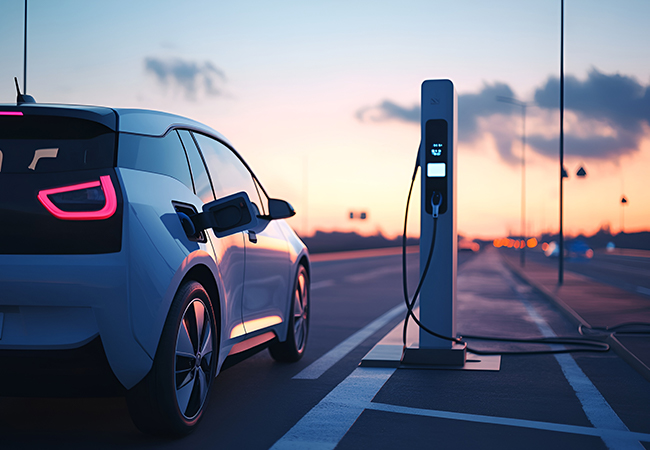The global automotive industry is undergoing a transformative shift, driven by technological innovation and a growing commitment to sustainability. At the forefront of this revolution are New Energy Vehicles (NEVs)—a category encompassing electric vehicles (EVs), plug-in hybrids (PHEVs), and hydrogen fuel cell vehicles (FCEVs). As governments, businesses, and consumers align to combat climate change, NEVs have emerged not just as an alternative, but as the definitive trajectory for the future of transportation.
Technological Advancements Fueling Adoption
Breakthroughs in battery technology, charging infrastructure, and energy efficiency are accelerating the NEV revolution. Lithium-ion batteries now offer higher energy density and faster charging times, addressing long-standing concerns about range anxiety. Meanwhile, innovations like solid-state batteries and hydrogen fuel cells promise to redefine performance benchmarks. Companies worldwide are investing heavily in R&D, with industry leaders targeting 500+ mile ranges and sub-15-minute charging times by 2030.
Governments are also playing a pivotal role. Over 30 countries have announced plans to phase out internal combustion engine (ICE) vehicles by 2040, backed by subsidies, tax incentives, and stringent emissions regulations. China, the EU, and the U.S. are leading this charge, with China alone accounting for 60% of global EV sales in 2023.


Technological Advancements Fueling Adoption
Breakthroughs in battery technology, charging infrastructure, and energy efficiency are accelerating the NEV revolution. Lithium-ion batteries now offer higher energy density and faster charging times, addressing long-standing concerns about range anxiety. Meanwhile, innovations like solid-state batteries and hydrogen fuel cells promise to redefine performance benchmarks. Companies worldwide are investing heavily in R&D, with industry leaders targeting 500+ mile ranges and sub-15-minute charging times by 2030.
Governments are also playing a pivotal role. Over 30 countries have announced plans to phase out internal combustion engine (ICE) vehicles by 2040, backed by subsidies, tax incentives, and stringent emissions regulations. China, the EU, and the U.S. are leading this charge, with China alone accounting for 60% of global EV sales in 2023.

Challenges and Collaborative Solutions
Despite progress, hurdles remain. Building a robust charging network, sourcing ethical raw materials (e.g., lithium, cobalt), and improving battery recycling systems require cross-sector collaboration. Governments and corporations are partnering to address these gaps—for instance, the EU’s "Battery Passport" initiative aims to ensure sustainable supply chains.
Conclusion: Accelerating Toward a Cleaner Tomorrow
New Energy Vehicles are no longer a niche concept but a cornerstone of the global sustainability agenda. As technology advances, costs decline, and infrastructure expands, NEVs will become the default choice for consumers and businesses alike. For companies, embracing this trend isn’t just about staying competitive—it’s about leading the charge toward a cleaner, smarter, and more equitable mobility ecosystem.
The road ahead is electric. The time to act is now.
Post time: Apr-12-2025




